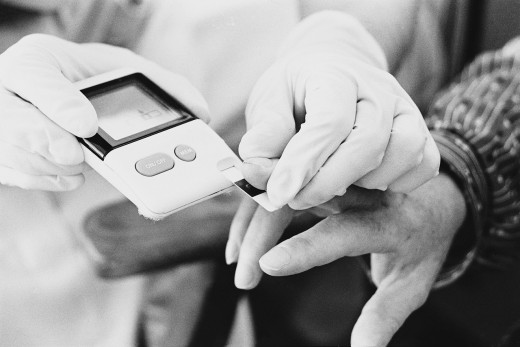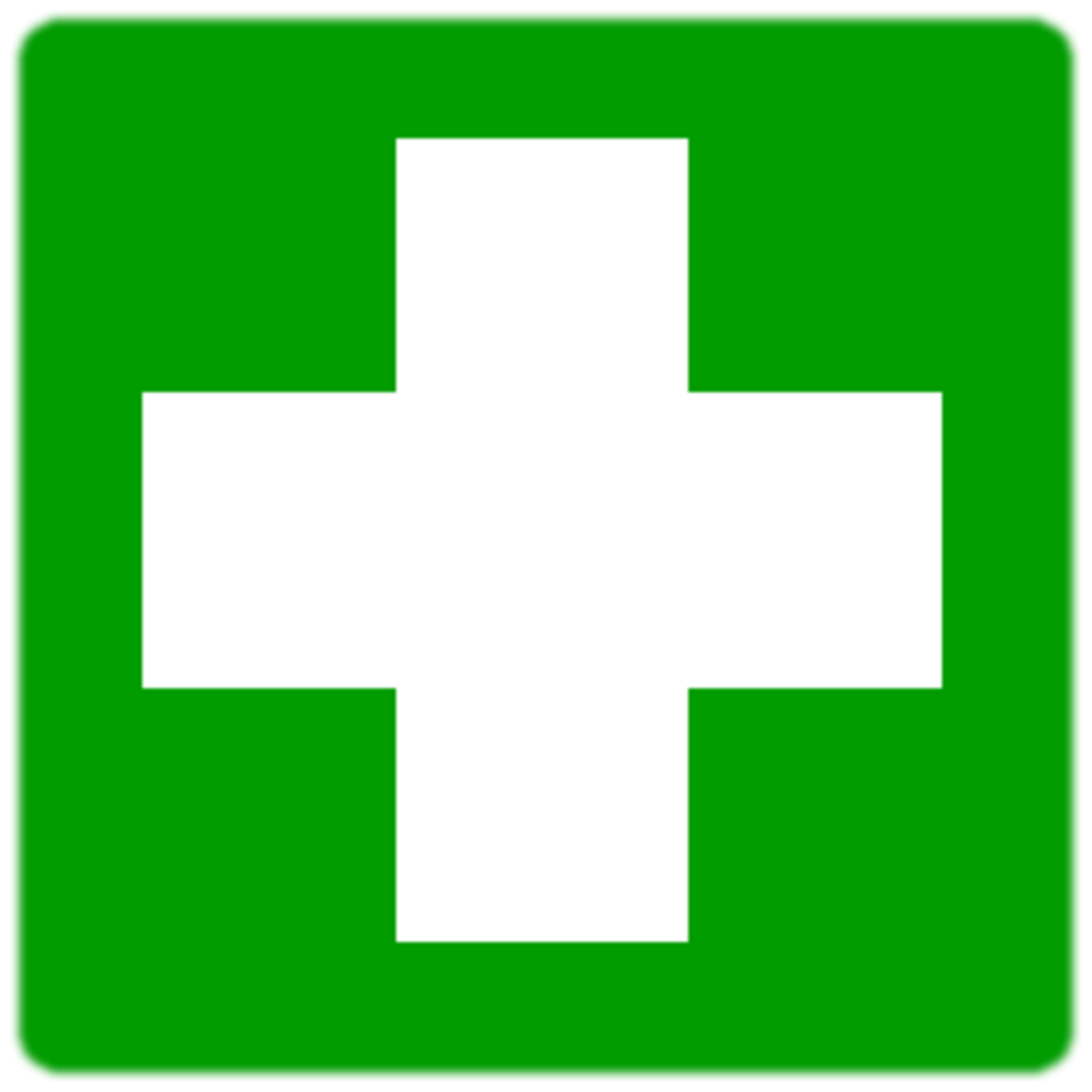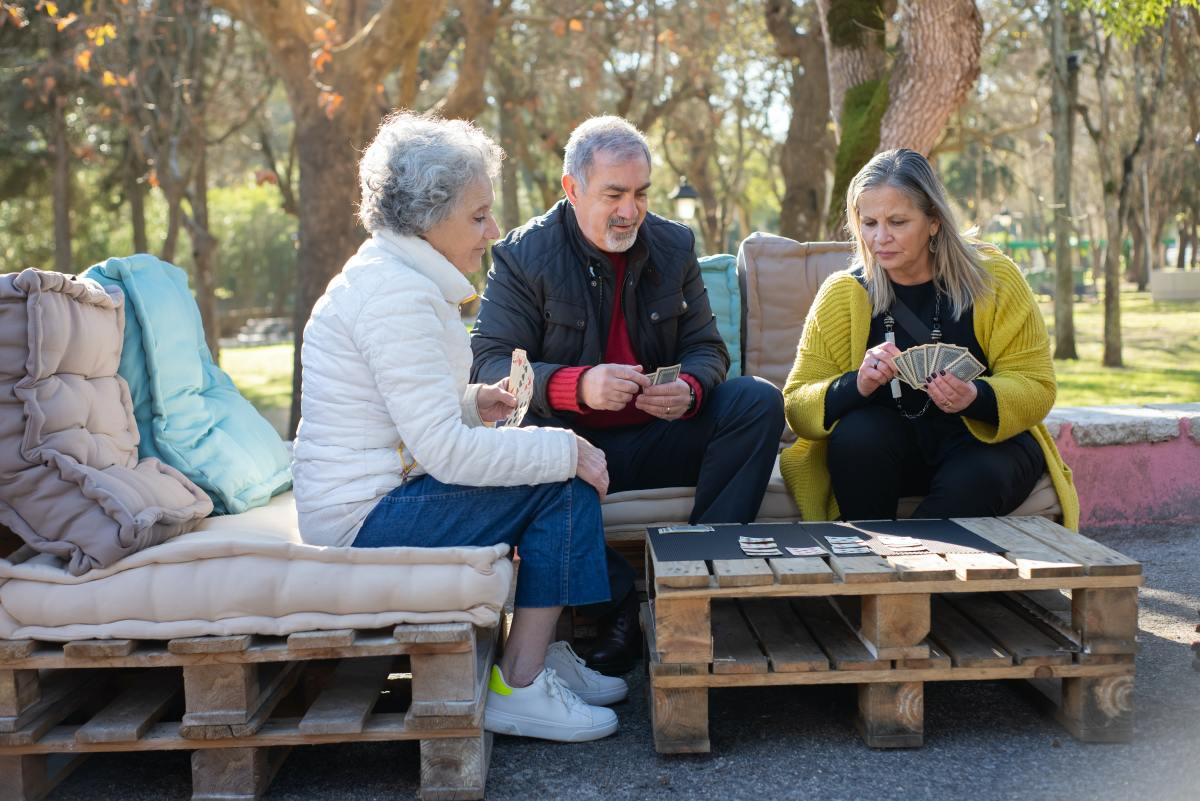Senior First Aid: First Aid Tips for Assisting the Elderly
How to Help the Elderly
Elderly adults have special concerns when they are being treated for injuries or health issues. You should consider their unique needs when performing first aid. This hub will address some of those concerns with some of the most common health issues faced by elders.
Assisting elders who are frail or have trouble with mobility takes extra thought and care. Senior first aid requires gentleness and compassion. Many elders have some dementia or can be confused or scared. Be calm and reassuring. Many may be hard of hearing, so talk slowly and clearly. To learn more about first aid tips read the following.
Cuts and Abrasions
Senior citizens tend to be frail and special care should be given to their cuts and abrasions. Wounds need to be cleaned as soon as possible because the elderly are more prone to infection. Protect the area with a bandage.
Have a stocked first aid kit on hand that includes different sized bandages and some antibiotic cream. Without a stocked kit, you may wait too long to take care of a cut and the chance of infection rises quickly - especially with elders who may already have a compromised immune system. Soap and water are good for cleaning wounds or you can have special cleaning solution.
If the older person complains about a pain, then examine the area for any cuts and abrasions, bruises or tenderness.
Be aware of possible fractures or broken bones.
Falls & Fractures
Most elderly people are prone to falls and the trauma can cause severe sprains and broken bones, or fractures. Elders have more fragile bones and should have medical attention after any serious fall.
Control any bleeding. Handle carefully and immobilize the area. Check for blockage of blood circulation (look for blue on the tips of fingers/toes/etc.). Call for medical attention and follow their advice.
Don't move the person and don't try to reset the bone.
You can wrap ice in a towel and hold gently on area till help arrives. Speak reassuringly to the elderly and try to keep them calm and as comfortable as possible.

Poisoning
Another concern of elders is poisoning. They may accidentally take too much of a medication or become confused and ingest a poisonous substance or be a victim of carbon monoxide poisoning.
If you are a caretaker of an older person, then you may want to remove any toxic substances from their home. Get their furnace or heater checked regularly and install a carbon monoxide alarm. If someone has carbon monoxide poisoning, then get them to fresh air immediately.
Also, be sure to set up any medications as necessary. It can be difficult for the elderly to remember if they've taken their medicine. Use the daily dosage containers to help cut down on mistakes.
A great idea is to write down all medicines and dosages and keep a copy in the elder's wallet, a copy in their house, and a copy in your wallet. In an emergency situation, you cannot depend on remembering medications off the top of your head. Drug interactions can be very dangerous.
Even if the person seems okay, but you suspect poisoning, call your poison control center. Have the container or pill bottle nearby to give necessary information.
Do not induce vomiting, unless directed to do so!

Diabetic Shock/Reaction
There are two types of diabetic conditions: Low blood sugar and high blood sugar. An older person may have diabetic reactions frequently if they are not able to regulate their insulin, or they may be good at regulating and still an episode can happen.
If you are a caretaker of a diabetic with low blood sugar, keep a roll of Life Savers candy with you.
- Help the elder to sit down safely.
- Call for medical help.
- If the patient is conscious and has low blood sugar, give orange juice, Life Savers, or other candy.
- If the patient is unconscious, check their airway. NEVER give an unconscious person anything to eat or drink!
Seizures
The basic rule in handling any type of seizure is to keep the person from harm until their full awareness comes back.
- Turn them gently on their side and make sure they are breathing.
- Don’t put a spoon in their mouth. (Seizures do not make people swallow their tongues.)
- Don’t try to give fluids or medicine until the seizure is completely over and the person is fully alert.
- Just let the seizure happen naturally. Don’t try to keep the person from jerking. Elderly people have fragile bones and trying to hold them may cause fractures. The elder may get very agitated. Grabbing them may cause them to fight you.
Stay calm and gently guide them away from any harm.
Keep reassuring them. The confusion afterwards is usual and should not last more than one hour.
Call for medical help, especially if the shaking lasts longer than five minutes or if the elder complains of a serious headache.
Know the Signs of a Stroke
Stroke
If you suspect that an elderly person may have had a stroke, then you can ask them these questions to determine if they need help:.
Can you hold both arms out in front of you? If one drifts down, it could be a stroke.
What is your name and birthdate? Not only are you looking for sign of confusion, but also for slurred speech, a stroke symptom.
Get help fast! The sooner a person suffering a stroke gets help, the better. Many people do not realize they have had a stroke -- it is better to be safe, than sorry.
For great information on identifying a stroke victim, read this hub: http://marketingmerit.hubpages.com/hub/Stress-Blood-Pressure-and-Risk-of-Stroke
CPR on the Elderly
If CPR is needed, be aware of the decreased bone strength in the elderly. Breaking the ribs (which happens frequently in CPR even on younger people) of an older person can cause injury to internal organs.
For CPR training, you can contact the American Red Cross or call your local hospital or college for possible classes.
In An Emergency
Remember that we all respond to emergencies in different ways. Some of us will jump right in. Some of us will hesitate. Some of us will be afraid to hurt someone by trying to help. If you are unsure what to do, at least, call for help (in the United States dial 9-1-1).








